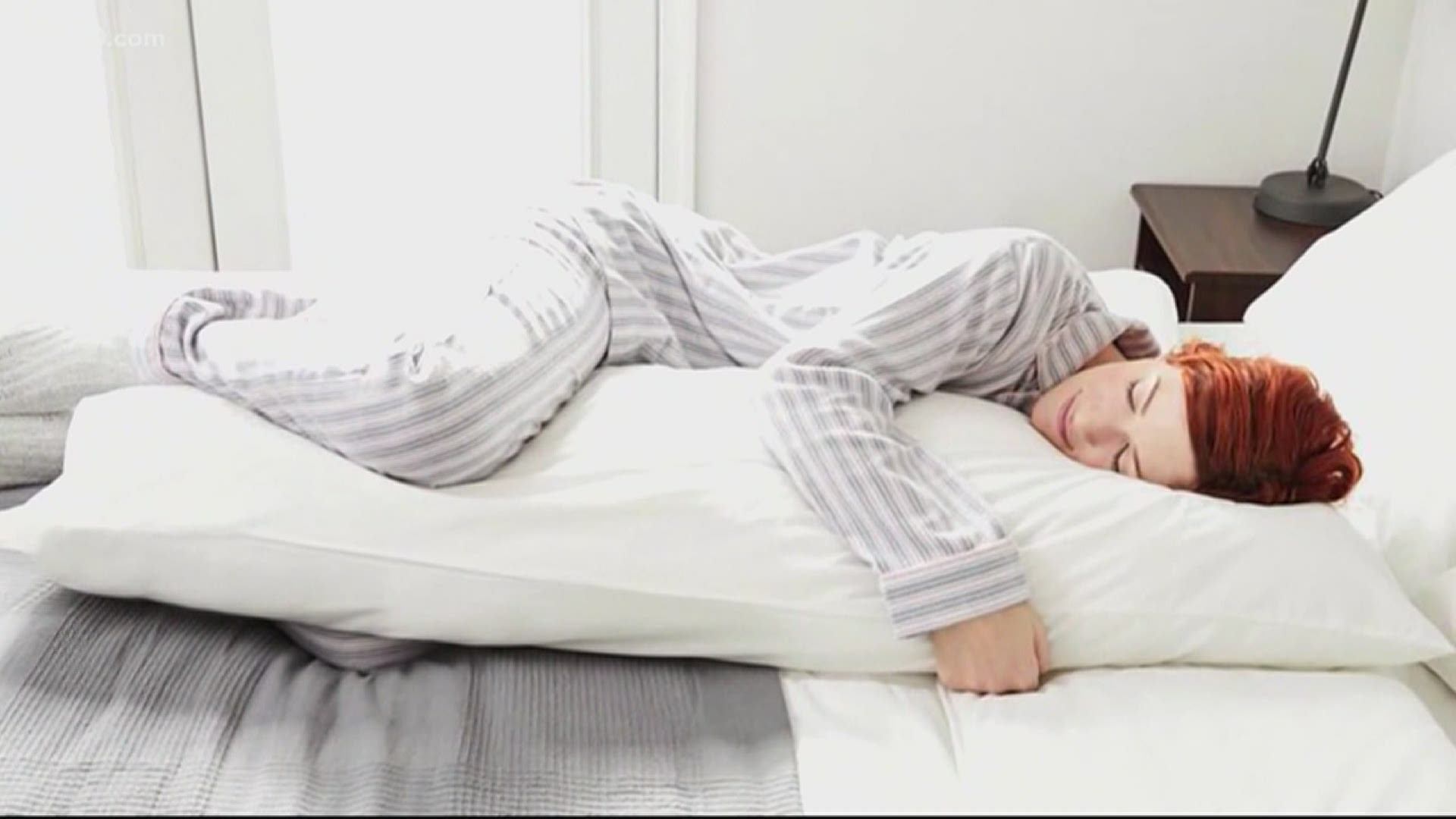WASHINGTON — It’s the afternoon and you’ve probably visited the fridge 10 times today, maybe. But, you don’t care because quarantine got you stressed!
Or, you may be an essential worker whose life has been so on-the-go that you’ve been ordering takeout because meal prepping hasn't been the most convenient option for you.
Well, slow down there before things get rough and you can’t fit into your work clothes anymore.
In honor of National Eat What You Want Day, we want you to eat responsibly while you’re stuck at home or feeling overwhelmed during these times.
Research has shown that stress does lead to overeating.
In a study conducted before the pandemic by the American Psychological Association, 38 percent of adults said they've overeaten or eaten unhealthy foods in the past month because of stress. The study also shows that 33 percent of those adults who reported overeating, or eating unhealthy foods because of stress, said they did it because it helped distract them from "the stress."
Now that the coronavirus has presented a new stressor for some, this brings another side to the story.
People tend to want high-calorie and high-fat foods during periods of stress, according to the APA. And when people are stressed, their bodies store more fat than when they are relaxed.
So, drop the snacks and let’s get down to some serious healthy eating conversations.
We spoke to licensed nutritionist Olga Afonsky, who said people have different reactions to stress. She said she has advised people who've eaten less because of stressors and those who eat more.
Afonsky said although some of her clients said because of coronavirus and social distancing they have been eating better while at home, she also noted some people feel their eating has gotten worse.
"I have also seen, many times, people using stress as this all-inclusive term to basically justify their eating habits," Afonsky said,
Afonsky said managing stress eating can be as simple as trusting yourself to know that you are full when you are triggered to snack in between meals.
"Make sure you have good food for your three main meals," Afonsky said. "Make sure it's balanced, it's nourishing, that you eat enough to comfortably last until your next meal, so that you know and your body knows that you are in no need for more food."
And for the essential workers who are out there working countless hours and don't have time to eat good food. Afonsky said although it is a tough time, it's OK to ask for help and support.
"Creating some kind of support system and asking for help and relying on people who can provide food for them, or maybe we can all step up a little bit and help those people out," Afonsky said. "Volunteering and donating money to feed essential workers would really help."
Research said stress eating can become a habit if it’s not fixed. With that in mind, you might want to tighten up on the eating before your summer body is completely gone.
"Helping yourself stay emotionally and mentally well is going to fix and address the overall stress," Afonsky said. "This will overtime help you stay calm and relax and build this resilience in the face of any kind of challenges."
So, before you make your pants-less walk to the fridge and stare down your options for 30 seconds, remember that you have a body to maintain to keep your mind healthy during these times.

